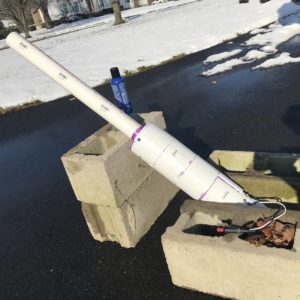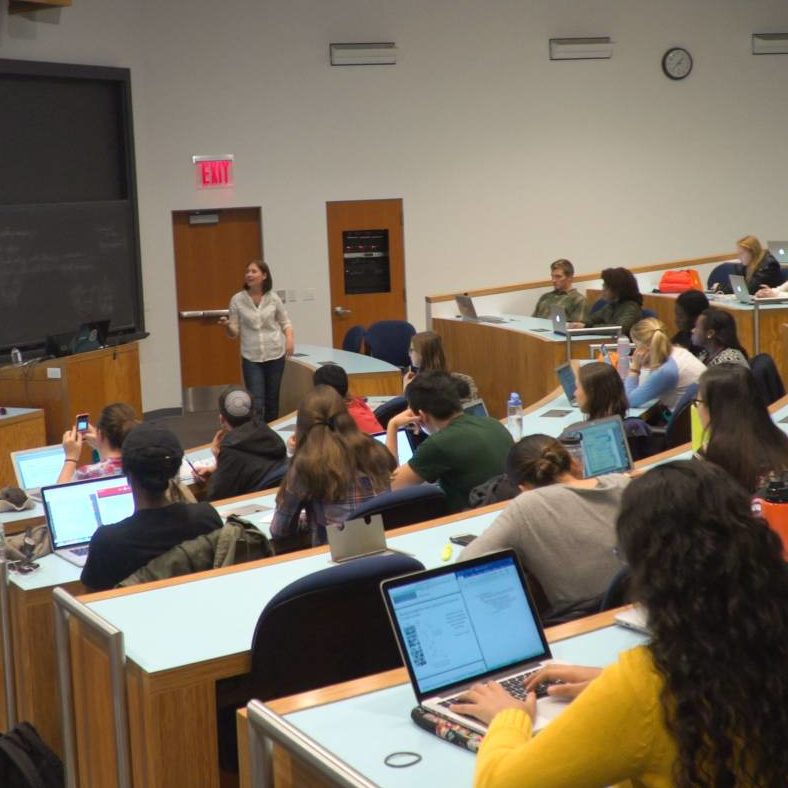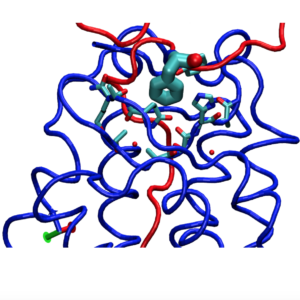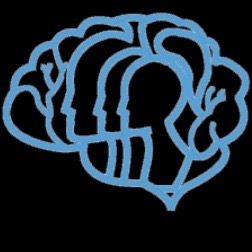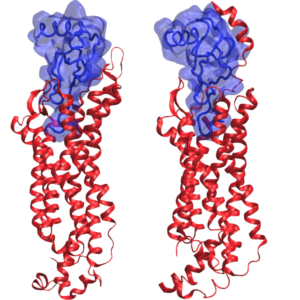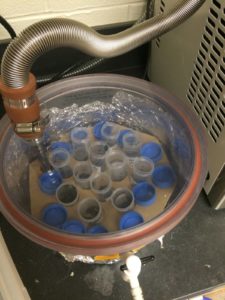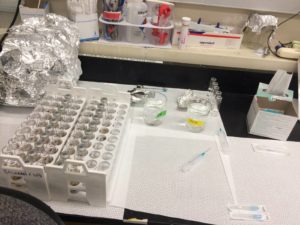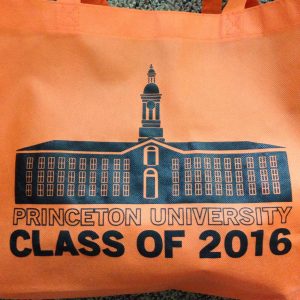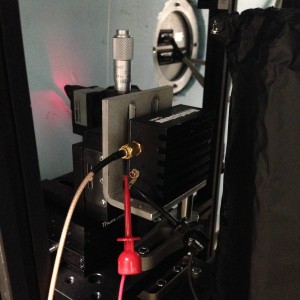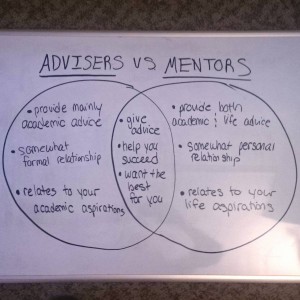This semester, in our spring series, PCURs will interview a graduate student from their home department who either is currently a graduate student at Princeton, or attended Princeton as an undergraduate. In Graduate Student Reflections: Life in Academia, interviews with graduate students shed light on the variety of paths one can take to get to graduate school and beyond, and the many insights gained along the way from research projects and mentors. Here, Alexandra shares her interview.
~~~~~
As part of our Spring seasonal series, I interviewed Nathan Li, a first-year graduate student participating in the 5-year PhD program in Civil and Environmental Engineering (CEE). He completed his undergraduate studies at Johns Hopkins University, where he majored in Chemical Engineering, completing the Environmental track.

After completing his undergraduate degree in 2014, Nathan spent a year working at a startup, and the year after that working in finance. However, he felt that those jobs were not completely aligned with his values—partly, he missed the learning environment of college, but he was mostly concerned about the impact of his work: “I wanted to contribute to science and technology more directly.”


